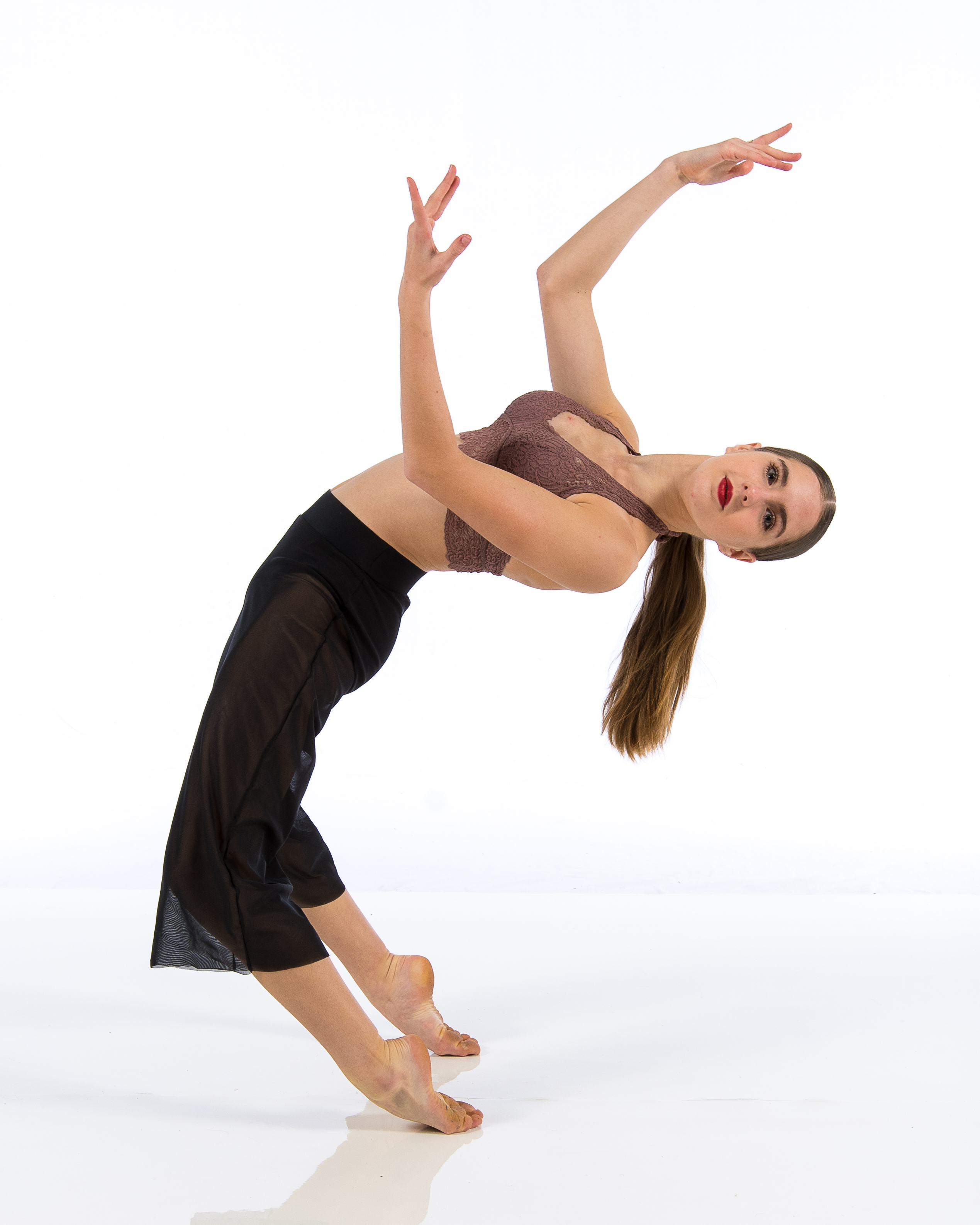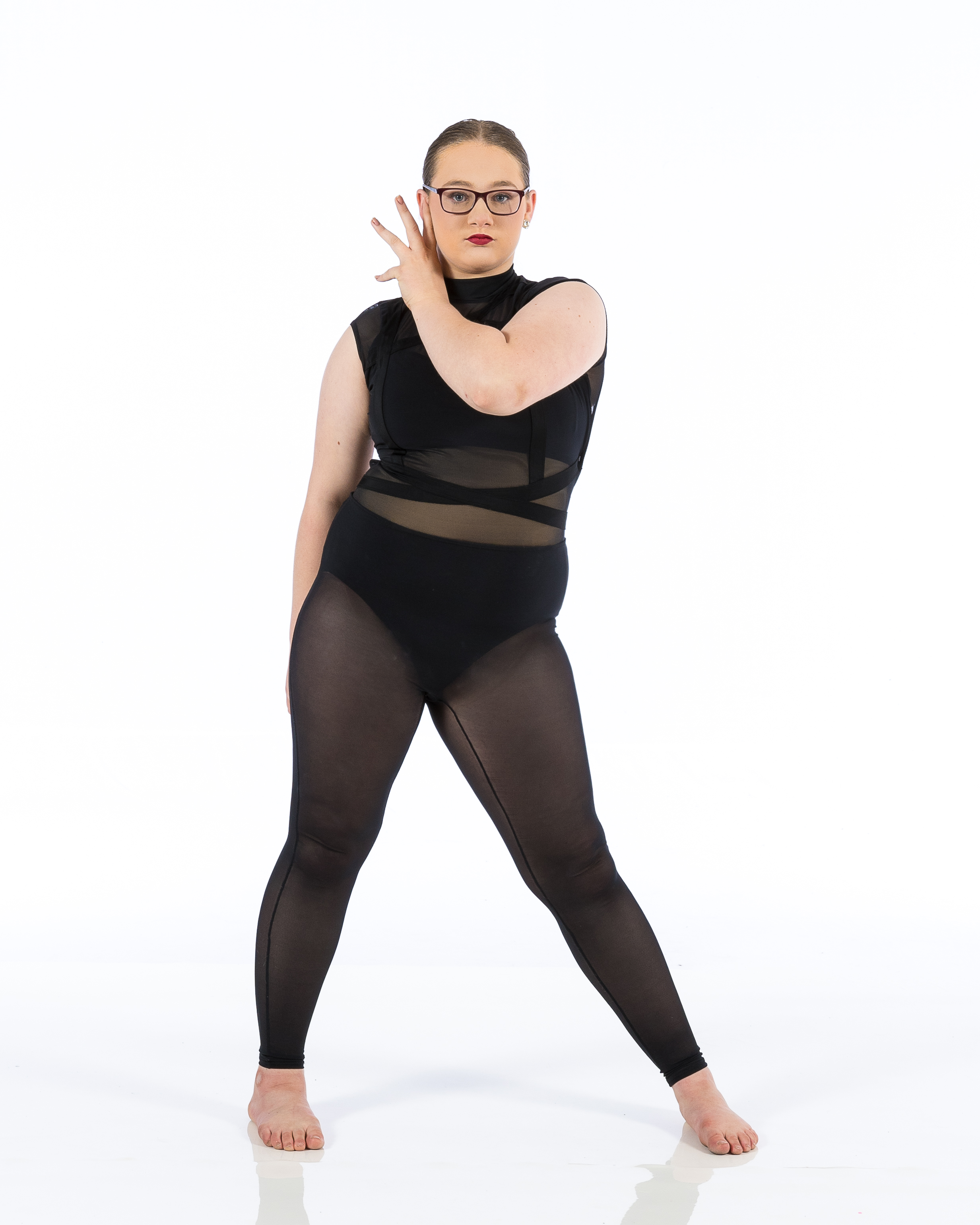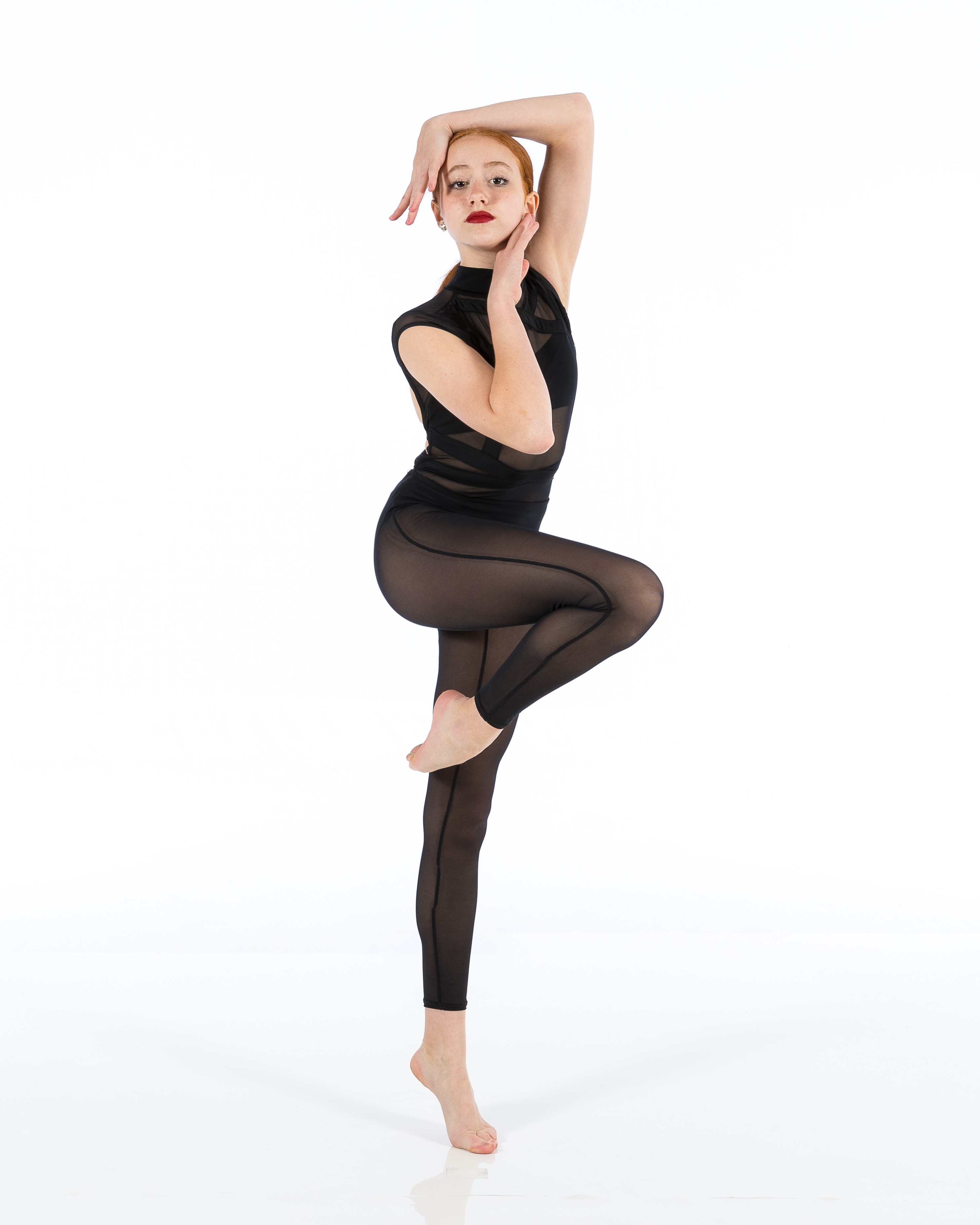Introduction
Stepping into a dance studio for the first time is a thrilling experience, one that can stir a mixed drink of emotions-- excitement, uneasiness, anticipation. Whether you're an experienced professional dancer or simply beginning your journey, comprehending the subtleties of dance studio etiquette can raise your experience and enhance your connections with trainers and fellow professional dancers alike. In this comprehensive guide, we'll dive deep into Mastering Dance Studio Decorum: Important Tips for Beginners and Pros Alike
From standard regulations to advanced considerations, this article will certainly cover whatever you require to learn about navigating the vivid world of dancing workshops. So tighten up those shoelaces and let's get started!
The Importance of Dance Studio Etiquette
Why Rules Issues in Dancing Studios?
In any type of imaginative environment, etiquette plays a crucial duty in maintaining harmony and respect among participants. Dance studios are no exception. Good etiquette fosters a positive environment where creativity can flourish.
- Respect: Being thoughtful in the direction of trainers and fellow dancers develops shared respect. Focus: Proper behavior decreases diversions, allowing every person to focus on learning. Community: Etiquette aids develop a helpful area that urges growth and camaraderie.
Common Misconceptions About Dance Studio Etiquette
Many beginners hold misunderstandings regarding what constitutes ideal habits in dance workshops. Allow's disprove some misconceptions:
- Myth 1: "Just advanced professional dancers need to adhere to decorum." Fact: Etiquette is vital for all degrees; it shows professionalism. Myth 2: "Trainers are as well rigorous about rules." Fact: Instructors apply policies to preserve order and respect.
Basic Dance Studio Decorum for Beginners
Dress Code: What to Wear?
First perceptions matter! The ideal outfit not just mirrors your dedication however likewise boosts your performance. Right here's just how to clothe appropriately:
- Comfort: Select clothes that allow complimentary movement. Footwear: Invest in good-quality shoes matched to your dance style.
|Dance Style|Advised Attire|| -------------|-------------------------|| Ballet|Leotard, tights, ballet slippers|| Hip-Hop|Loose-fitting apparel, Dance Academy tennis shoes|| Faucet|Comfy garments, faucet shoes|

Arriving in a timely manner: Preparation is Key!
Being late can interrupt the whole class. Objective to get to least 10 mins early to:
- Warm up. Settle in mentally.
Tip: If you're running late due to unpredicted situations, educate the teacher beforehand.
Quiet Zone: Preserving Silence Before Class
Dance studios prosper on focus. Maintain discussions to a minimum before class starts to ensure every person can prepare mentally.
Intermediate Dance Studio Decorum: Building Relationships
Respecting Individual Area in Class
Every dancer deserves their room during practice. Stay clear of crowding others while exercising relocations or routines.
Why It Matters: Valuing personal room promotes convenience and facilitates far better learning experiences.
Listening Proactively Throughout Instructions
When a trainer is talking, it's important to pay attention. Active listening demonstrates regard and aids you grasp vital concepts.

How To Program Energetic Paying attention:
Maintain eye call with the instructor. Nod when appropriate. Ask making clear concerns if needed.Advanced Dance Studio Rules: Elevating Your Experience
Providing Positive Feedback Wisely
As you grow much more skilled, sharing feedback becomes part of the culture. However, strategy this delicately:
Focus on specific movements instead of general critique. Offer ideas only if obtained by peers.Encouraging Others: Structure Area Spirit
Support your fellow dancers with support:
- Compliment their efforts genuinely. Celebrate their success openly.
Mastering Dance Studio Etiquette: Crucial Tips for Beginners and Pros Alike-- The Trainers' Perspective
Understanding Trainer Expectations
Instructors normally have particular assumptions relating to habits in class. Acquainting yourself with these can significantly enhance your discovering experience:

Building Relationship with Your Instructor
Establishing an excellent connection with trainers can be helpful for your growth as a dancer:
- Ask concerns related to choreography or strategy after class. Thank them for their guidance post-class; recognition goes a lengthy way!
Handling Problem Beautifully in the Dance Studio Environment
Dealing with Disagreements Among Peers
Conflicts might emerge within any group setup; understanding just how to handle them gracefully is essential:
Approach the person independently without rising tension. Use "I" declarations instead of "you" declarations (e.g., "I felt forgotten when ...").Addressing Issues with Teachers Professionally
If you have problems relating to instruction or class dynamics:
Request a personal meeting after class hours. Express your sensations constructively concentrating on services rather than complaints.The Function of Non-Verbal Communication in Dance Studios
Understanding Body movement Signals
Dance naturally includes non-verbal interaction; recognizing how body movement features in this context is essential:
Positive body language (e.g., open pose) promotes connection. Negative signals (crossed arms) may communicate defensiveness or disengagement.Using Eye Call Successfully Throughout Classes
Maintaining eye call with trainers conveys listening while likewise assisting construct rapport amongst peers during group performances!
FAQs
Q1: What need to I wear for my first dance class?
A1: Select comfy clothes that enables cost-free movement-- yoga trousers or tights paired with a fitted top works well!
Q2: Is it okay to miss out on classes occasionally?
A2: Life occurs! Notify your teacher ahead of time preferably; they'll appreciate your consideration.
Q3: How do I take care of sensation shy around various other dancers?
A3: Beginning tiny-- present on your own one-on-one prior to increasing interactions slowly as knowledge grows!
Q4: Can I bring friends along to observe classes?
A4: Most studios choose prior arrangements; check with monitoring initially so they understand extra attendees!
Q5: What happens if I differ with an instructor's feedback?
A5: Approach them professionally post-class; share feelings making use of "I" declarations concentrating on useful discussion as opposed to confrontation!
Q6: Need to I join efficiencies even if I'm new?
A6: Absolutely! Participating boosts confidence-- speak up concerning any kind of doubts so lodgings can be made accordingly!
Conclusion
Mastering dance studio etiquette isn't almost complying with policies; it's about growing an enhancing environment where every person really feels valued and motivated-- whether you're just beginning or refining advanced techniques as a skilled pro! By adhering very closely to these necessary suggestions laid out right here under Mastering Dance Studio Rules: Necessary Tips for Beginners and Pros Alike, not just will you improve your very own experience yet likewise add favorably in the direction of supporting an inviting area within each dance studio you grace with your presence! So take these insights forward into every studio room you go into-- and let the rhythm lug you toward excellence!